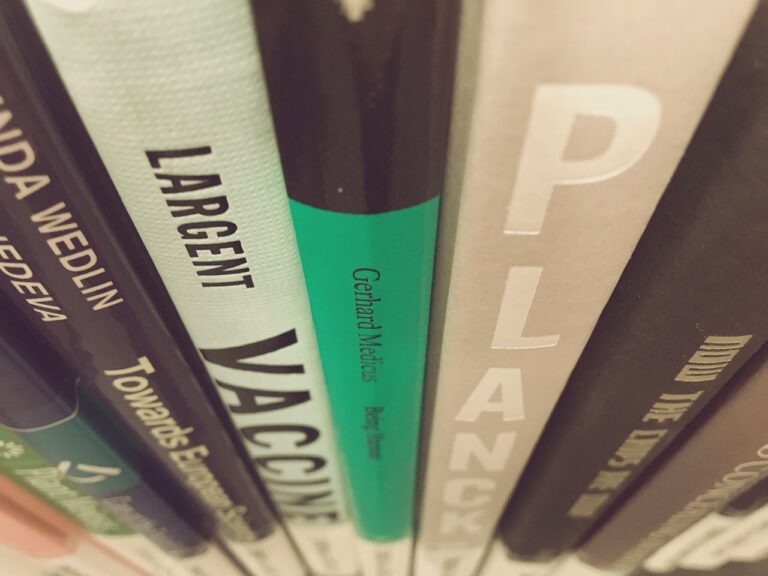Promoting Social Justice Through Literature-Based Curriculum
Social justice encompasses the fair and equitable distribution of resources, opportunities, and privileges within society. It advocates for the eradication of discrimination and marginalization based on factors such as race, gender, socio-economic status, disability, and sexual orientation. Central to the concept of social justice is the idea of creating a level playing field where all individuals have equal access to basic rights and freedoms.
In addition, social justice emphasizes the importance of acknowledging and dismantling systemic barriers that perpetuate inequality and create disparities in society. It calls for the recognition of historical and current injustices, as well as the implementation of policies and practices that promote inclusivity, diversity, and empowerment for all individuals. By addressing root causes of social inequity and advocating for progressive change, social justice plays a crucial role in creating a more just and equitable society for everyone.
Importance of Incorporating Literature in Curriculum
Incorporating literature into the curriculum is essential for fostering critical thinking skills, empathy, and cultural awareness among students. By exposing students to diverse books, poems, and plays written by authors from various backgrounds, educators can help students understand the experiences and perspectives of people different from themselves. Literature serves as a powerful tool to challenge stereotypes, promote inclusivity, and encourage students to think critically about social justice issues.
Furthermore, integrating literature into the curriculum can provide students with a platform to explore complex themes such as racism, inequality, and discrimination in a safe and structured environment. Through analyzing literary works that address these issues, students can develop a deeper understanding of the impact of social injustices on individuals and communities. By engaging with diverse literature, students not only enhance their reading and language skills, but also cultivate empathy and a sense of social responsibility.
Examples of Diverse Literature for Social Justice
When it comes to diverse literature that aligns with social justice principles, there is a myriad of powerful works that educators can integrate into their curriculum to spark conversations and promote inclusivity. One prominent example is “The Hate U Give” by Angie Thomas, which delves into issues of police brutality, racism, and activism through the eyes of a young Black girl navigating two different worlds. This novel not only sheds light on systemic inequalities but also encourages readers to examine their own biases and privileges.
Another impactful piece of literature for social justice education is “I Am Malala” by Malala Yousafzai, which chronicles her courageous journey as an advocate for girls’ education and human rights in the face of adversity. This memoir not only amplifies the voices of marginalized communities but also emphasizes the importance of education as a tool for empowerment and social change. By incorporating such diverse and thought-provoking books into the curriculum, educators can create a more inclusive learning environment that fosters empathy, critical thinking, and advocacy for social justice.
• “The Hate U Give” by Angie Thomas
• Addresses police brutality, racism, and activism
• Encourages self-reflection on biases and privileges
• “I Am Malala” by Malala Yousafzai
• Chronicles her advocacy for girls’ education and human rights
• Emphasizes the power of education for empowerment and social change
By incorporating these diverse works into the curriculum, educators can create a more inclusive learning environment that fosters empathy, critical thinking, and advocacy for social justice.
What are some key concepts of social justice?
Some key concepts of social justice include equality, equity, human rights, diversity, inclusion, and access to resources.
Why is incorporating literature in the curriculum important for social justice?
Incorporating diverse literature in the curriculum can help students develop empathy, understand different perspectives, challenge stereotypes, and promote social change.
Can you provide some examples of diverse literature for social justice?
Some examples of diverse literature for social justice include “To Kill a Mockingbird” by Harper Lee, “The Hate U Give” by Angie Thomas, “I Am Malala” by Malala Yousafzai, “The House on Mango Street” by Sandra Cisneros, and “March” by John Lewis.







